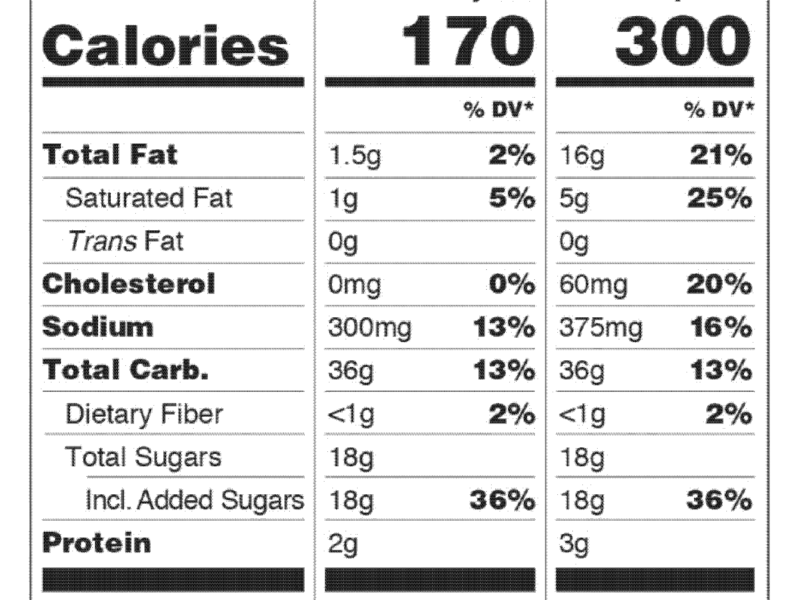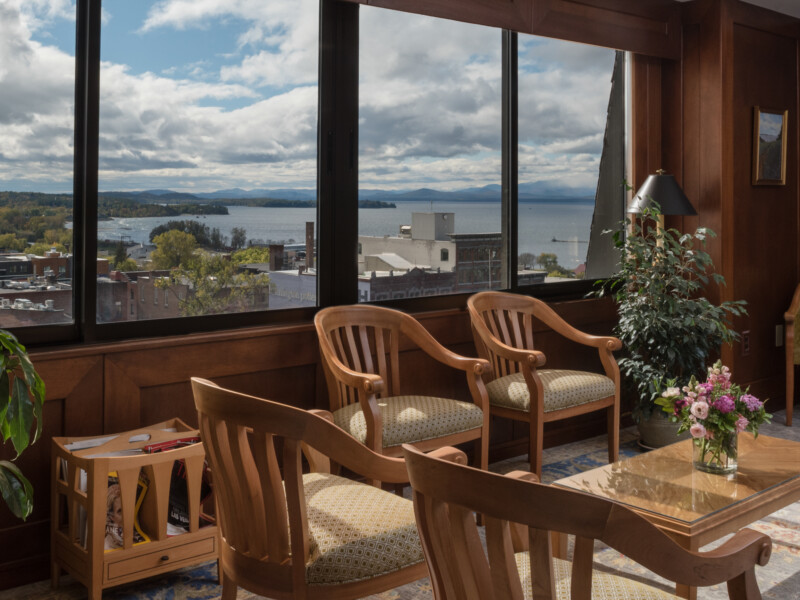
The Vermont Legislature recently completed three pieces of legislation intended to deliver economic relief to Vermont businesses harmed by the economic crisis caused by the COVID-19 pandemic. Each bill focuses on a different sector of the economy, but they are intended to work together to deliver a comprehensive economic relief package funded by CARES Act dollars allocated to the state. The grant programs opened this morning (July 6). As they are expected to be oversubscribed, eligible businesses should seek to apply without delay.
Hospitality businesses: $50 million has been set aside for eligible restaurants, bars, hotels, retail (including online retail) stores, entertainment, recreation, and other businesses that pay Meals and Rooms or Sales and Use Tax. This program will be administered by the Department of Taxes, which started taking applications on July 6. To receive a grant, a business must:
- be domiciled or have its primary place of business in Vermont;
- have one or more employees besides the owner(s) (unless it is a woman-owned or minority-owned business);
- have been open on February 15, 2020;
- pay Vermont sales and use or meals and rooms tax quarterly or monthly;
- have experienced a 50% or greater reduction in total revenue or in combined sales and use and meals and rooms revenue for any month from March 1, 2020 to August 31, 2020 relative to the same month in 2019;
- be open now or have a good-faith plan for reopening following a COVID-19 closure; and
- be in good standing on its Vermont tax obligations and in good standing with the Vermont Secretary of State
Click here for more information on these grants. In most cases, businesses seeking grants under this program must also must have filed their Vermont sales and use and meals and rooms taxes through May 31, 2020 to be eligible; however, a business may still be eligible for this program even if it hasn’t yet paid taxes owed for February through May 2020. In addition, businesses that still owe taxes from other periods may nonetheless be eligible if they are in a payment plan for those taxes.
Multi-purpose businesses have a choice between portals to the program. If a business earns some revenue for which they file Meals and Rooms taxes, but they earn more revenue from other streams of business, they may choose to file through the ACCD instead, as described below.
Other businesses and nonprofits. $20 million was set aside to help businesses and nonprofits in other sectors. The Agency of Commerce and Community Development (“ACCD”) will administer these grants. To receive a grant under this program, a business must:
- be domiciled or have its primary place of business in Vermont;
- have one or more employees besides the owner(s), with the exception that for women or minority-owned businesses, those with zero employees are eligible for grants;
- have been open on February 15, 2020;
- must not have, or be the subsidiary of a business that had more than $20 million in total revenue;
- have experienced a 50% or more reduction in total revenue or in revenue for any month from March 1, 2020 to August 31, 2020 when compared to the same month in 2019;
- not be in Chapter 7 bankruptcy;
- be open now or have a good-faith plan for reopening following a COVID-19 closure; and
- be in good standing on its Vermont tax obligations and Vermont Secretary of State filings.
Small, women-owned or minority-owned businesses. Approximately $5 million was set aside specifically for small, women-owned or minority-owned businesses. Guidelines are expected to be developed by the Vermont Commission on Women and to be administered by the ACCD.
The grants administered by the ACCD and the Department of Taxes are subject to certain terms common between them: grant amounts are calculated by multiplying gross annual revenue (or annual combined total sales if a Meals & Rooms or Sales & Use Tax filing entity) by 10%, up to a maximum grant amount of $50,000 for any one business. Businesses are eligible for one grant through one agency only. A business that received a PPP or EIDL loan may also be eligible for one of these grants, but the proceeds must not be used for the same losses or expenses for which PPP or EIDL proceeds are or were used.
To apply you will need:
- Your federal EIN
- The NAICS code for your company
- Information about any PPP or EIDL loans (and advances) received
- Your standing with the Vermont Department of Taxes
- Your W-9
- Your 2019 income statement broken down by month
- Your 2020 (YTD) income statement broken down by month
- Your 2019 federal tax return or the most recent filed (or if a nonprofit, your Federal Form 990 or 990-EZ)
- Your 2019 Vermont state tax return
Recordings of the Vermont ACCD webinars on these grant programs can be viewed here.
Dairy farms & producers, agricultural businesses, food markets and agricultural fairs. Under another law signed by the Governor on July 2, approximately $30 million was allocated for agricultural producers and processors. Of this, $25 million will be awarded to milk producers and dairy processers, $5 million to non-dairy agricultural producers and food markets, $500,000 was set aside for agricultural fairs and $192,000 was allocated to the Vermont Housing and Conservation Board to provide business, financial and mental health assistance to farm and food businesses. Through another bill, approximately $2 million was allocated to assist agricultural organizations through the Working Lands Enterprise Board. These programs will be administered by the Department of Agriculture, Food and Markets, in part together with the Vermont Economic Development Authority. More information can be found here.
Forest Economy Stabilization and Outdoor Recreation. $5.5 million was set aside specifically for businesses that specialize in forest products, like paper making, and of that, $1.5 million was set aside for grants to outdoor recreation businesses for costs or expenses necessary to comply with COVID-19 public health precautions. Guidelines have yet to be developed, but you can follow the Vermont Agency of Natural Resources for developments here.
Residential tenants and landlords. $5 million was allocated to provide financial and technical assistance to help prevent home foreclosures and $25 million was set aside to assist landlords who can apply for relief on behalf of tenants who are unable to pay their rent. $750,000 was granted to Vermont Legal Aid and other organizations to provide legal and counseling services to tenants and landlords. The Agency of Human Services is expected to administer this program. Guidelines have not yet been set, but information when released should be found here.




